After Nature, Bordeaux
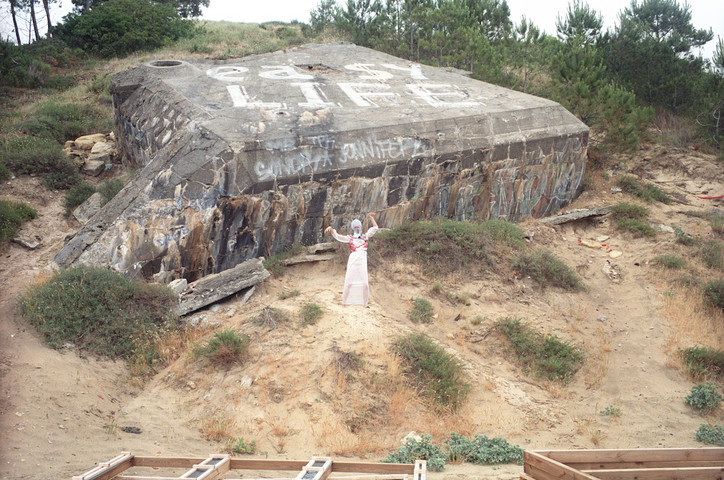
With astute intensity, the images articulate an ominous statement on natural origin. Both aesthetic and analytical— After Nature is a mesmeric middleground between fashion, photography, philosophy.
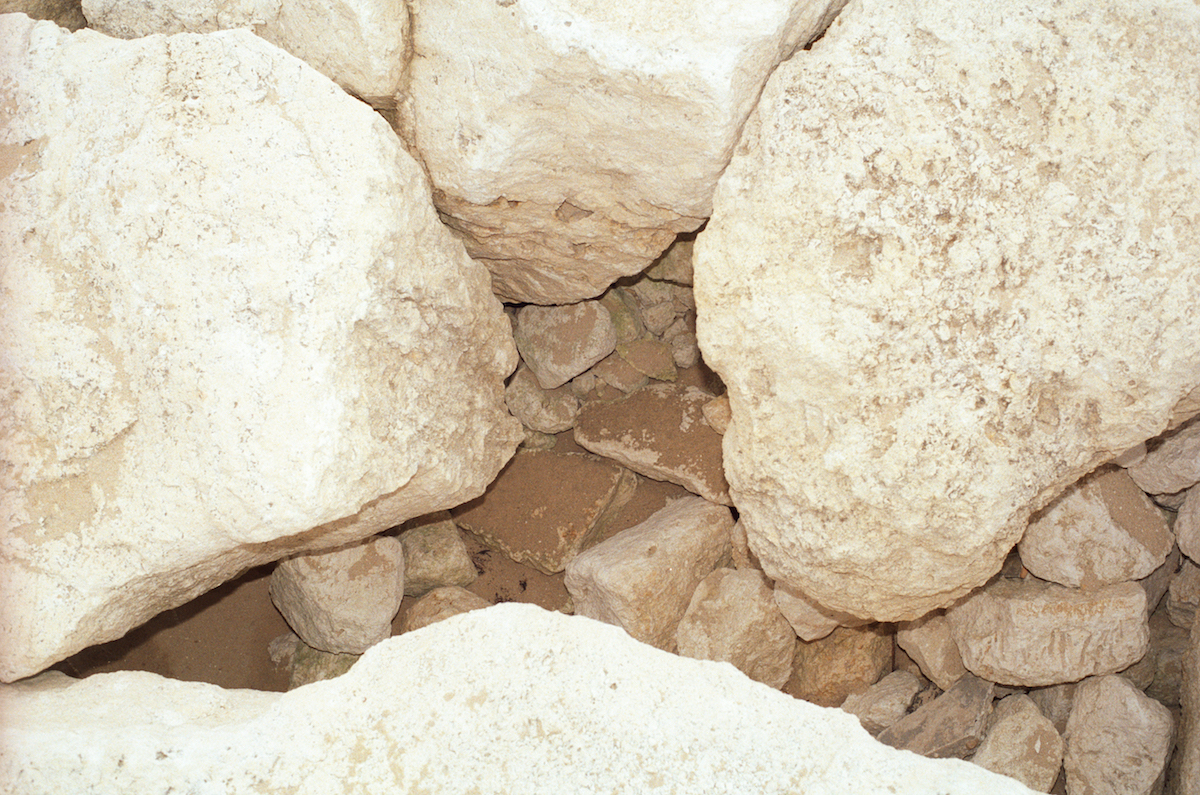
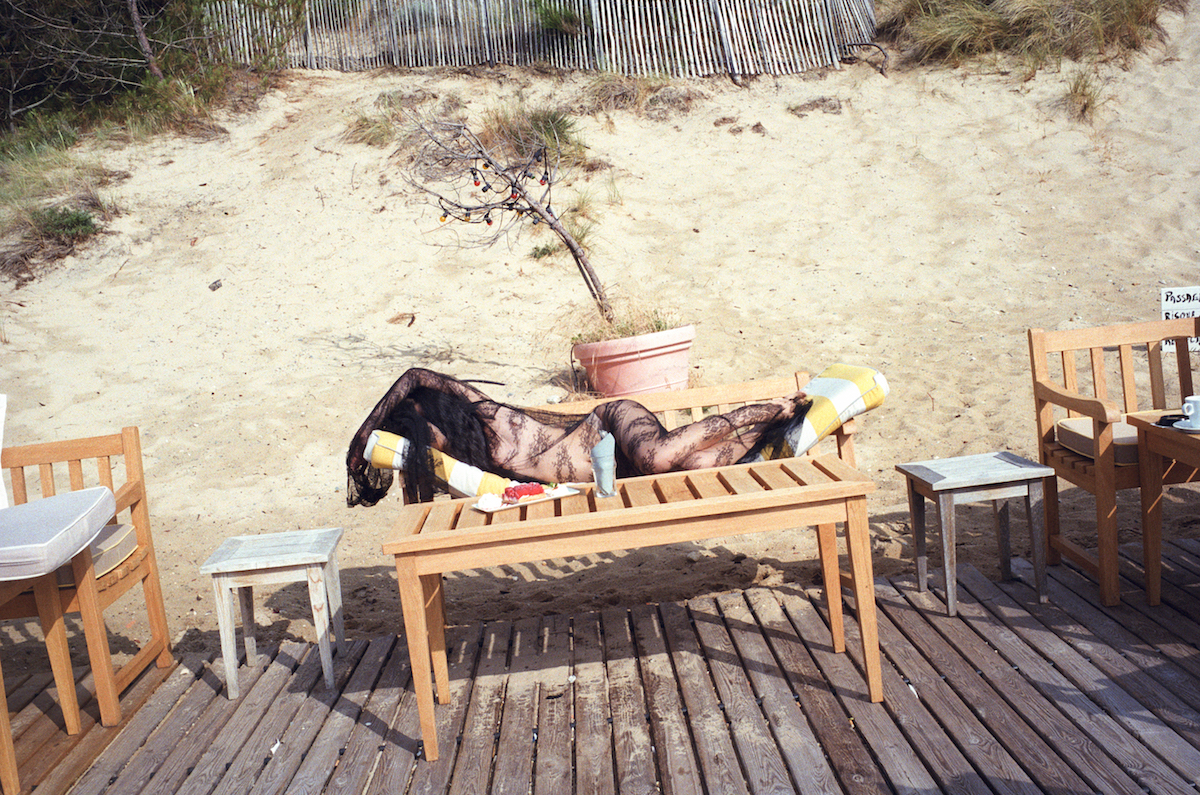
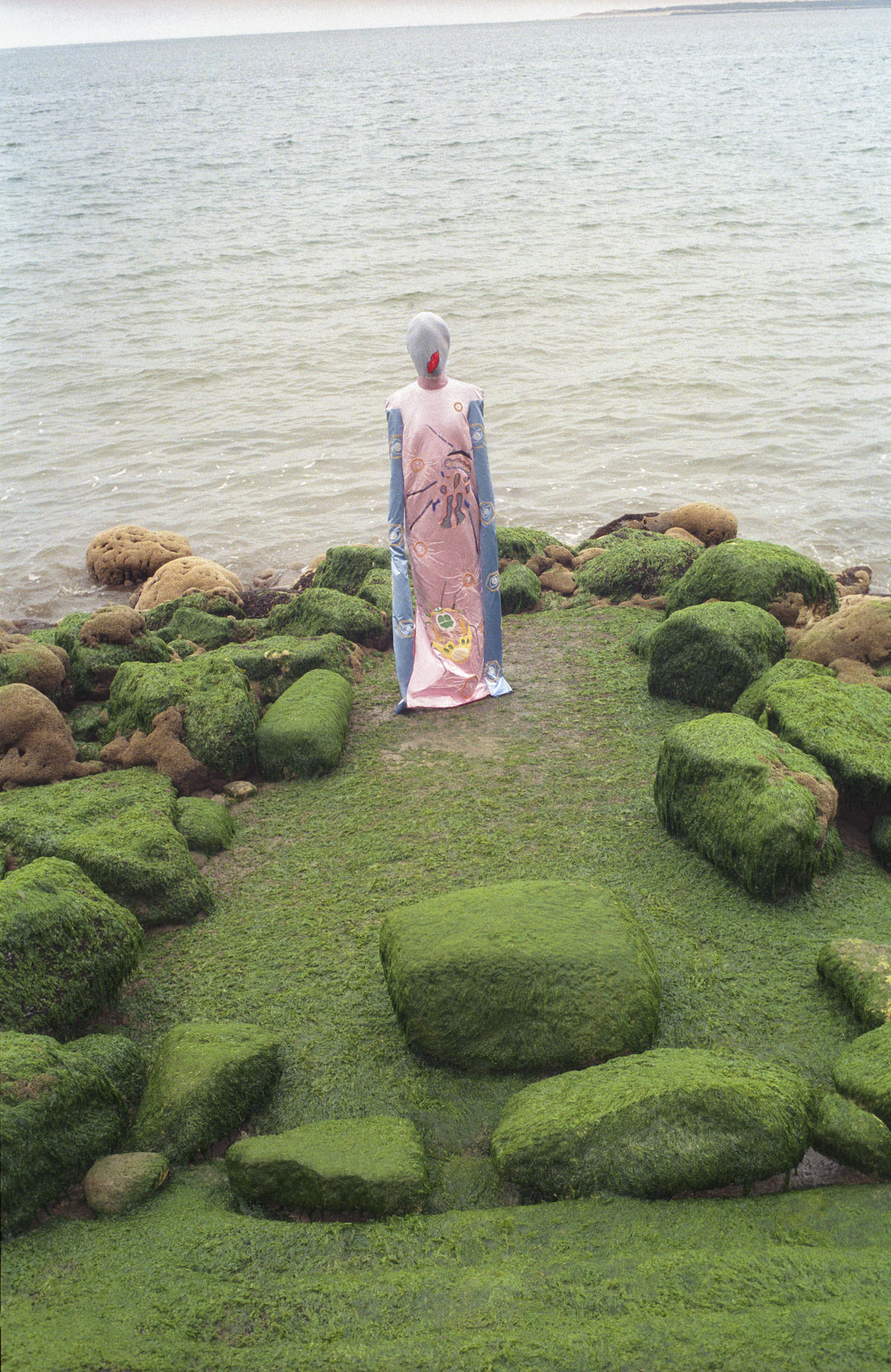
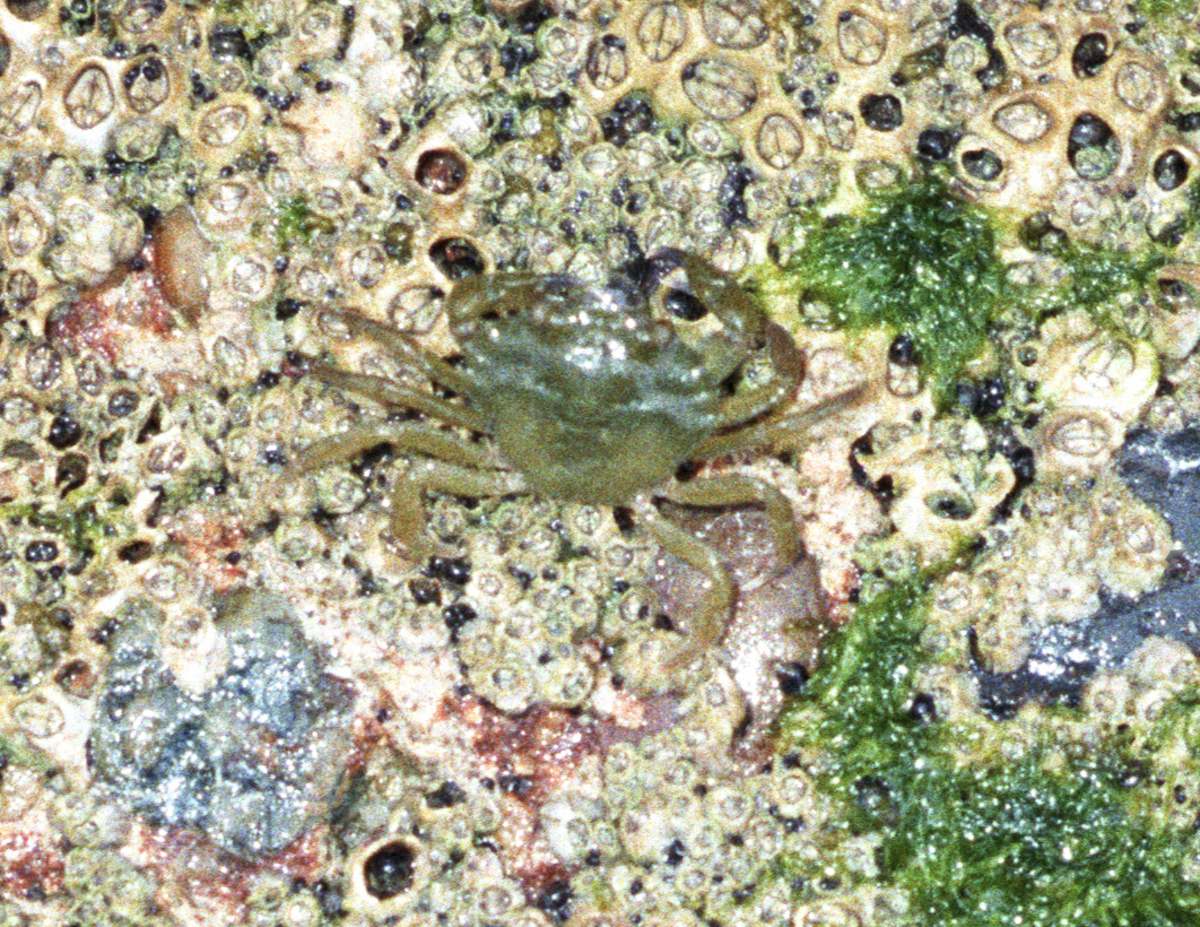
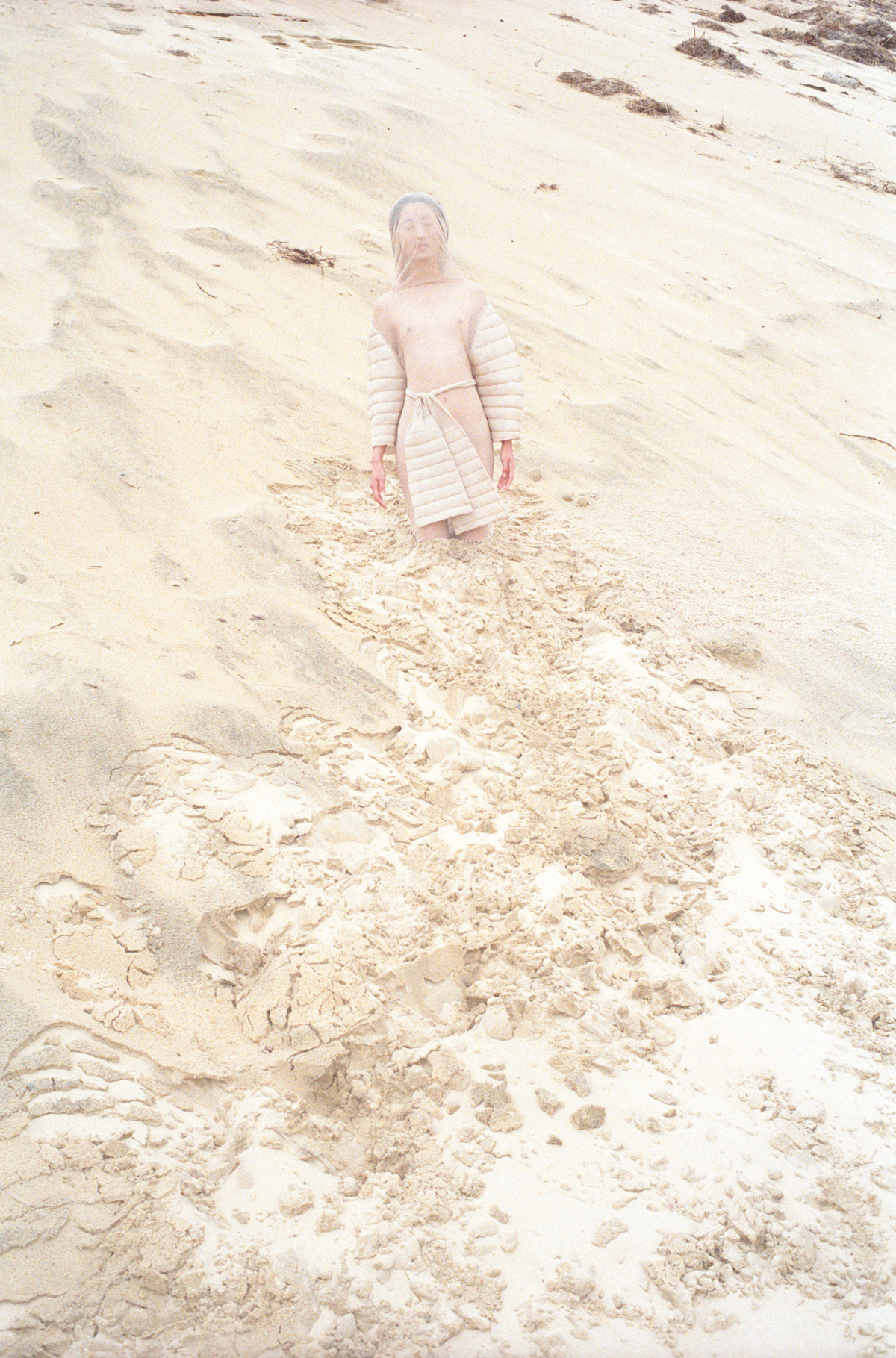
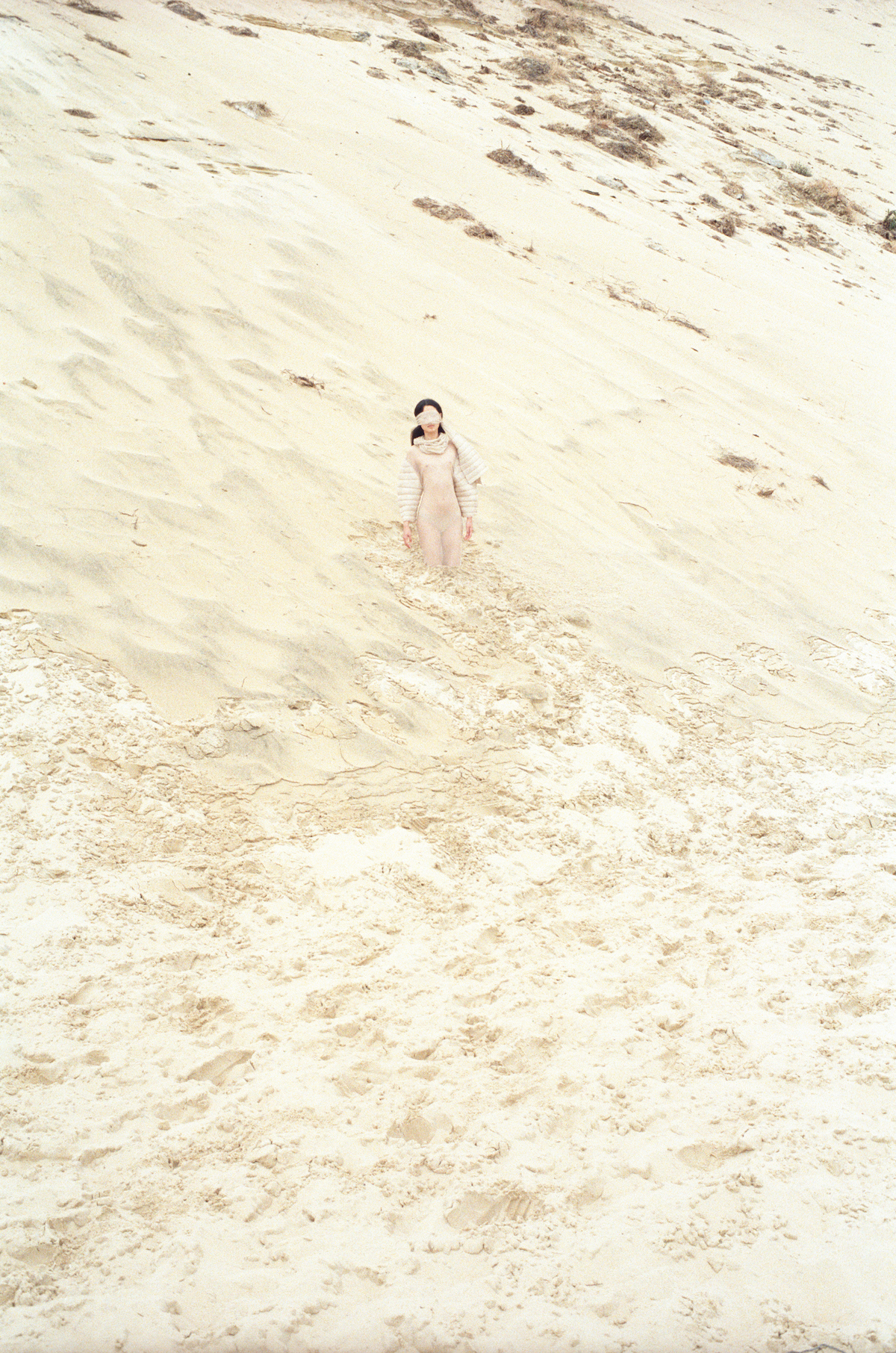
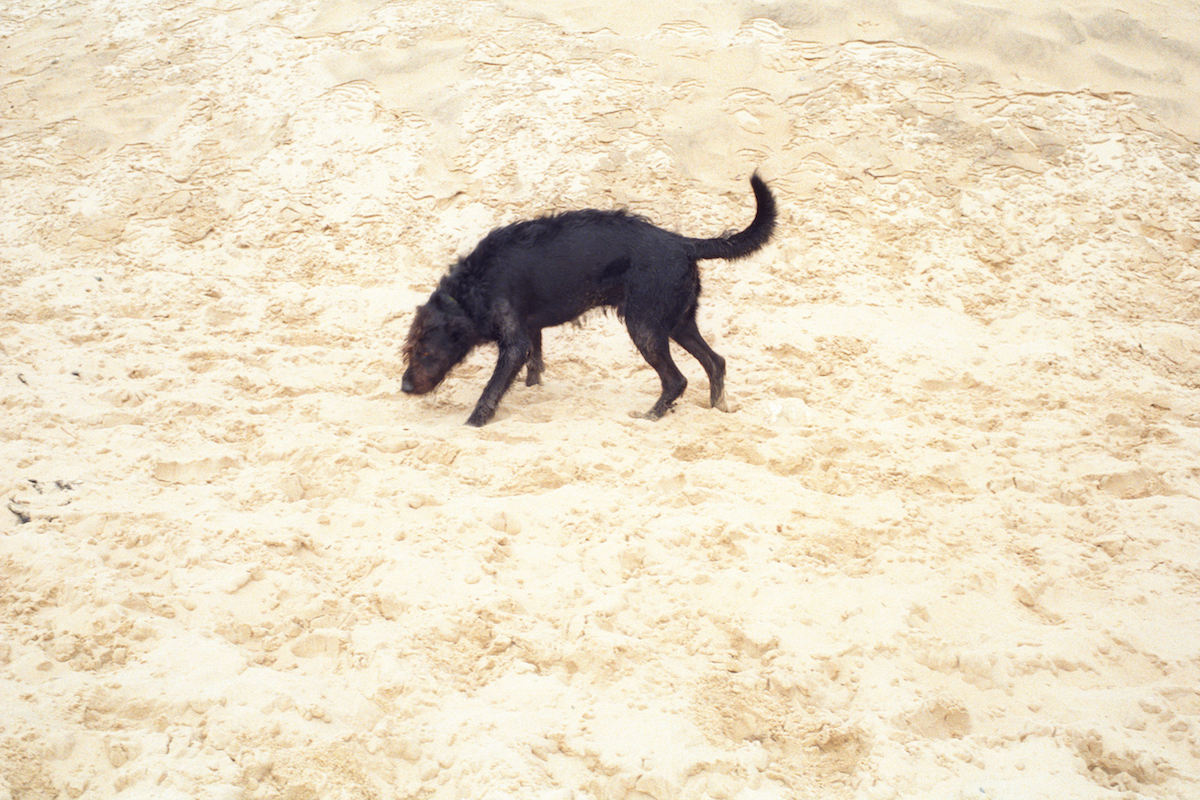
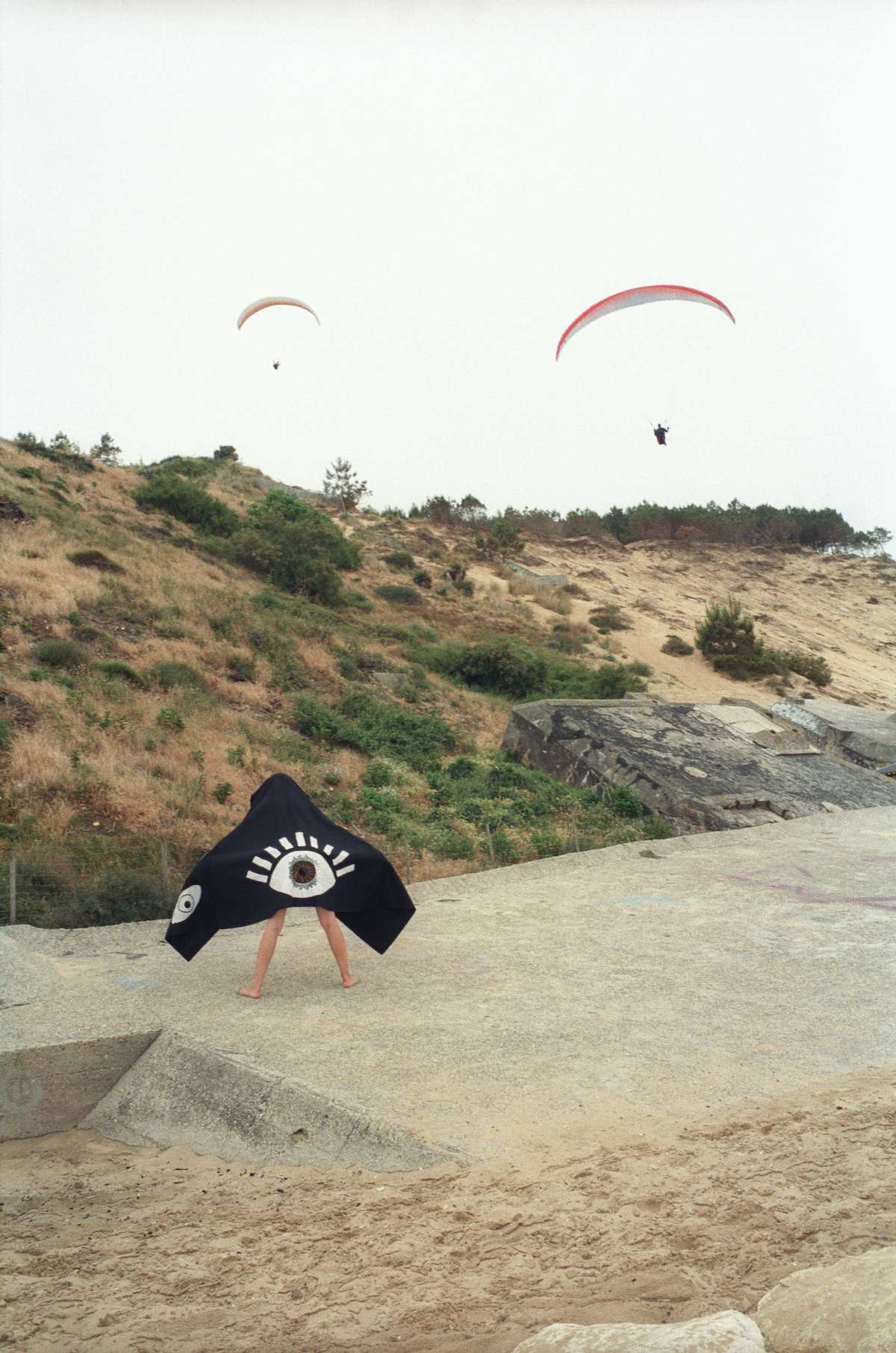
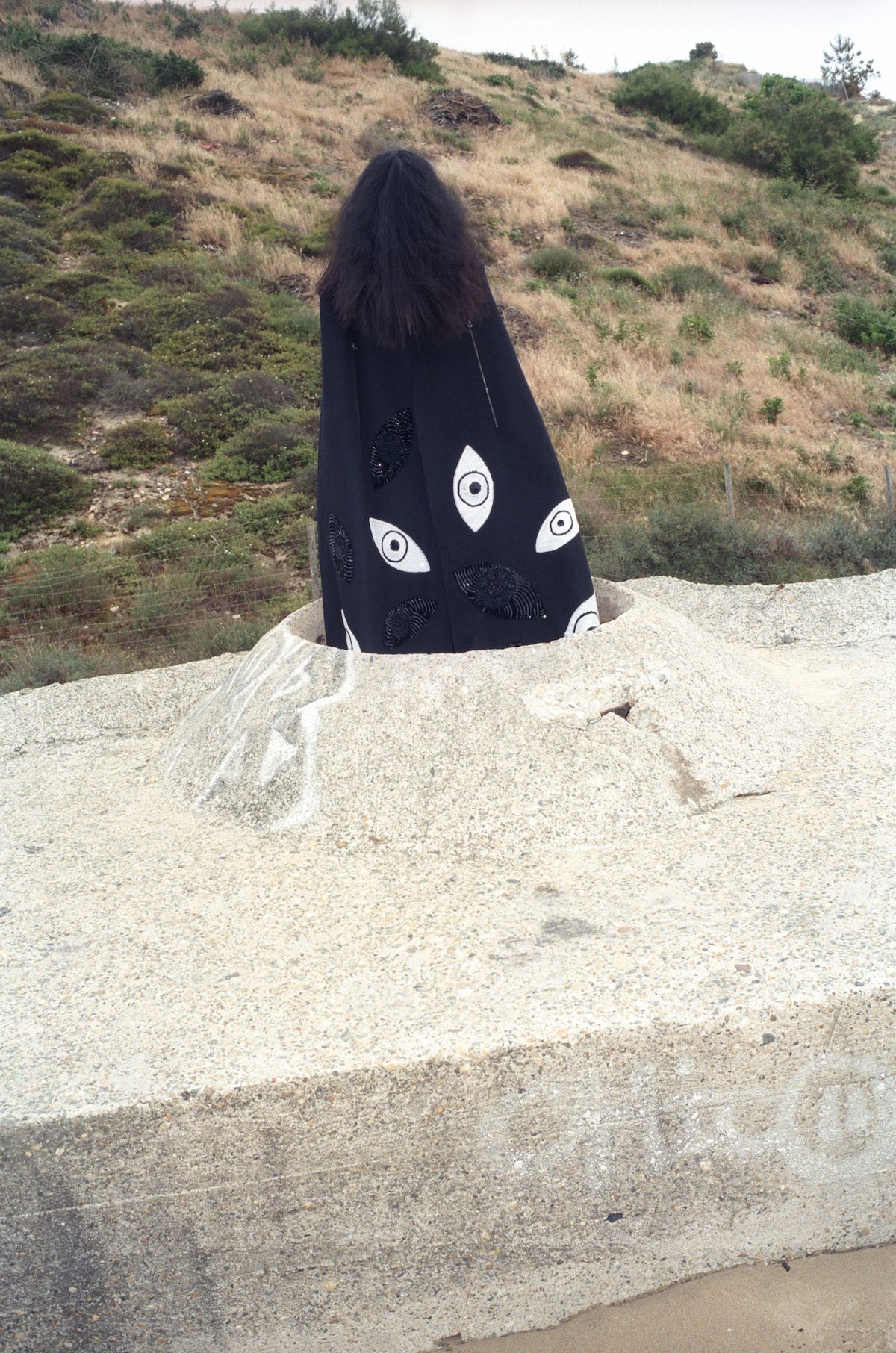
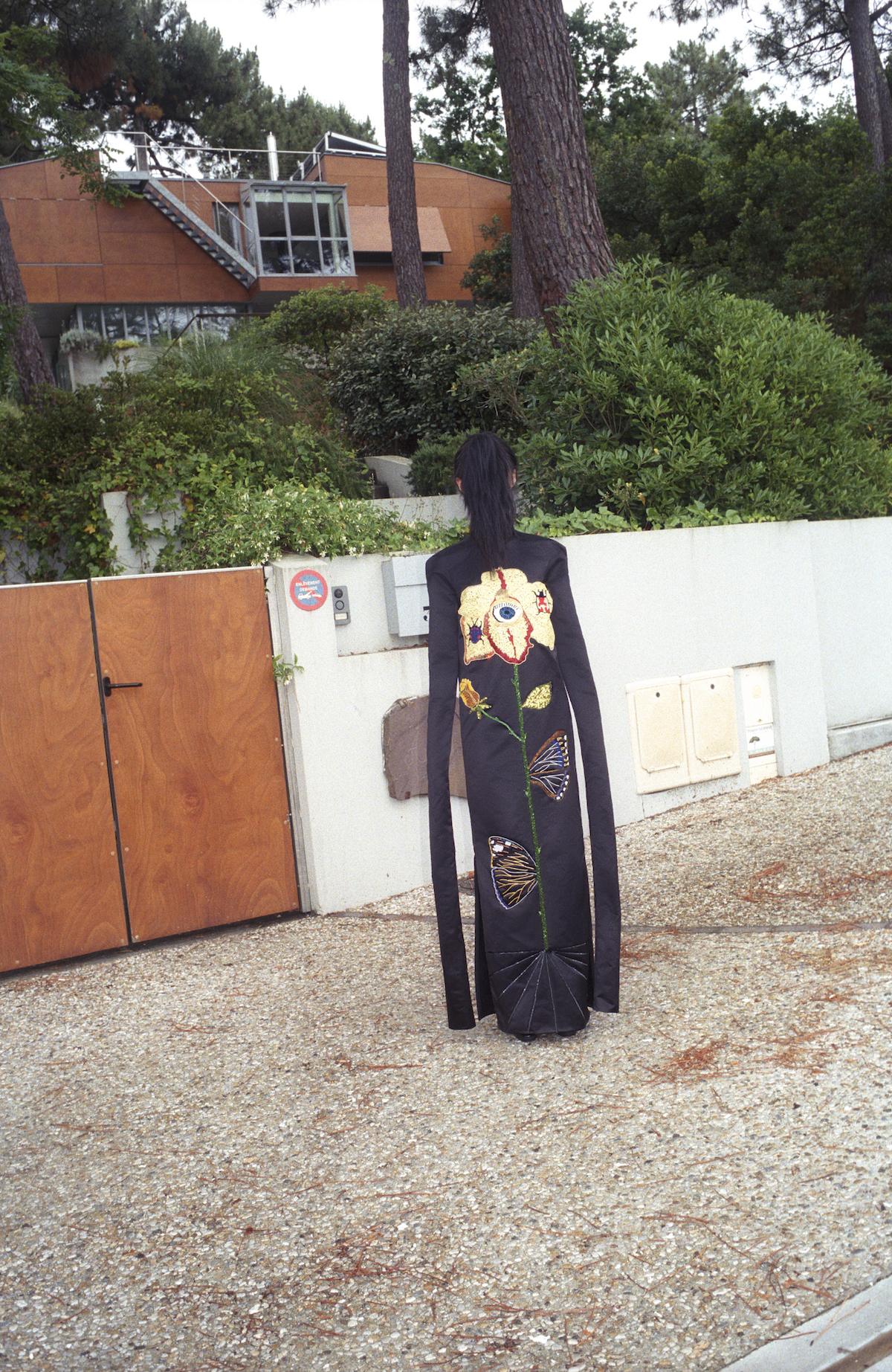
- Text by Anna Zanes
Stay informed on our latest news!

With astute intensity, the images articulate an ominous statement on natural origin. Both aesthetic and analytical— After Nature is a mesmeric middleground between fashion, photography, philosophy.










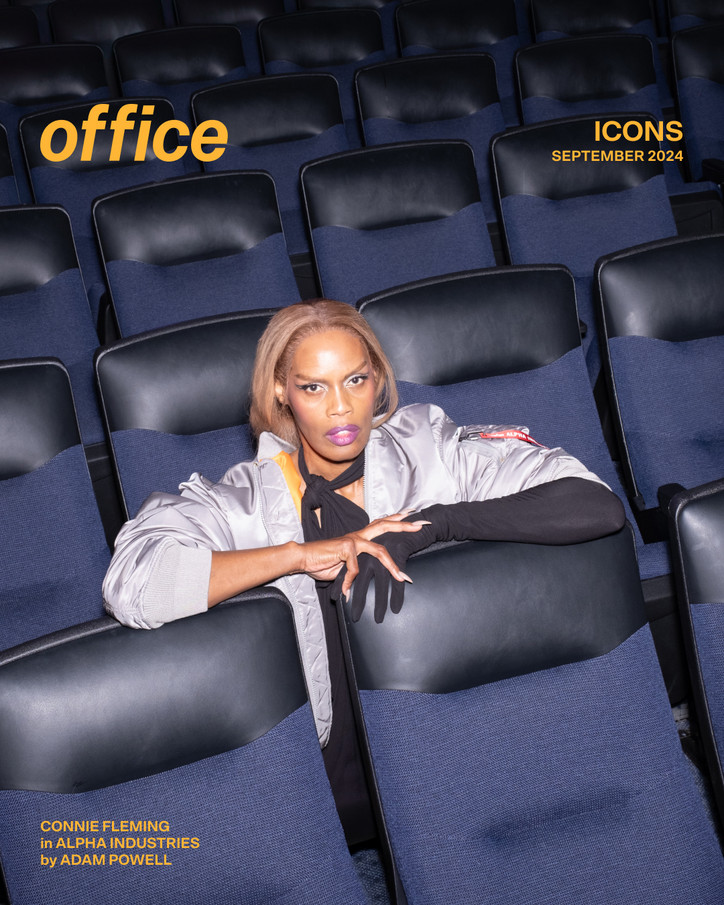
Fleming has worked with the Lower Eastside Girls Club for years, an organization that supports and provides young girls and gender expansive youth in New York with a safe environment and opportunities to pursue passions from podcasting and music production to fashion design and sewing to astronomy and gardening and more. As we move throughout the space during this photoshoot, Fleming’s deep connection to the community is palpable; over and over, a passerby recognizes her and lights up with a warm ”Connie!” and a hug.
In another life, what would your career be?
I think I would have been a therapist. I think I'd be really great at it.
How do you decide to call somebody to the front of a club line?
Devotion to a look and the execution of a look. It can't be posing in any way. You can't be a poser. You have to be within your look, and your look is your confidence and your expression.
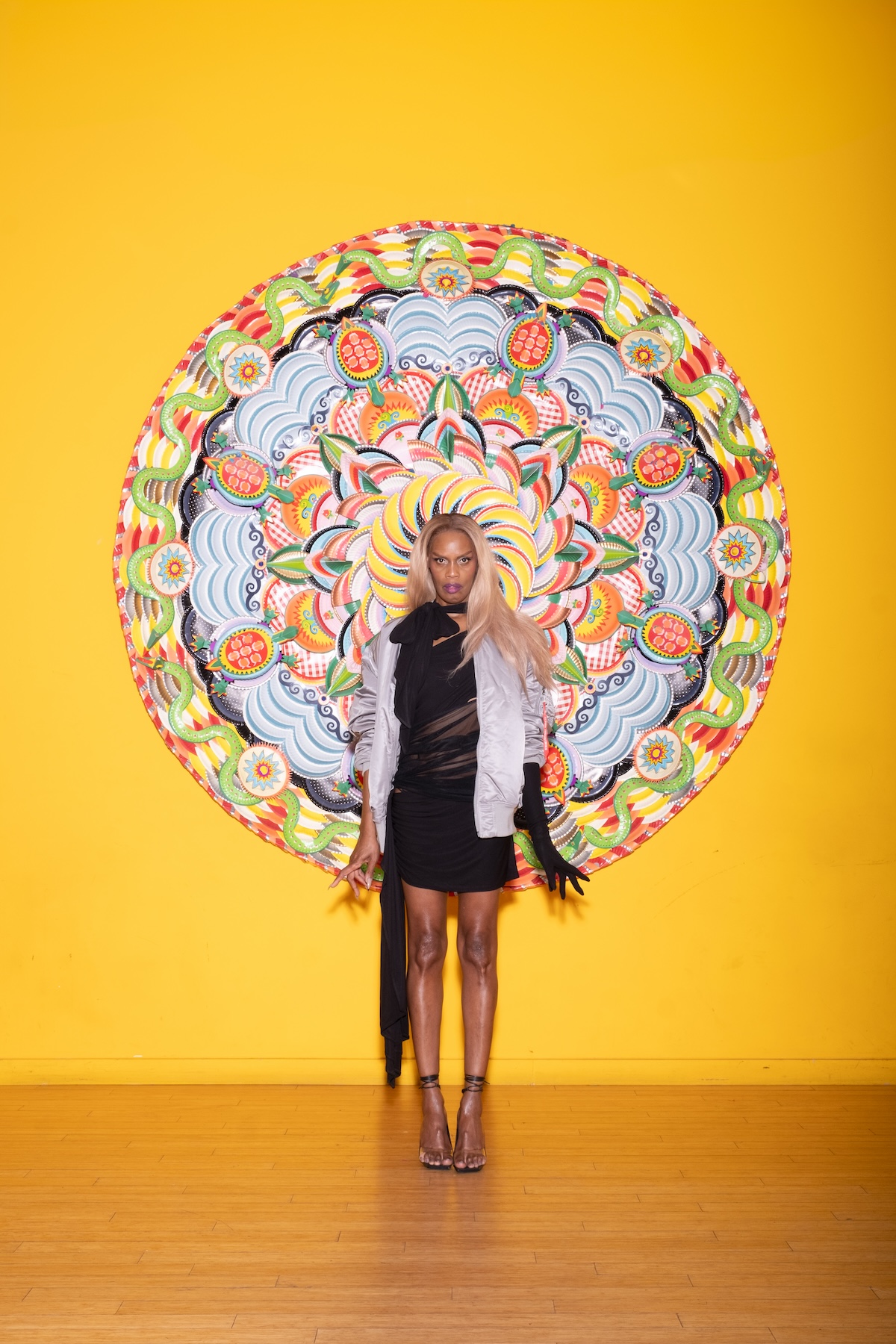
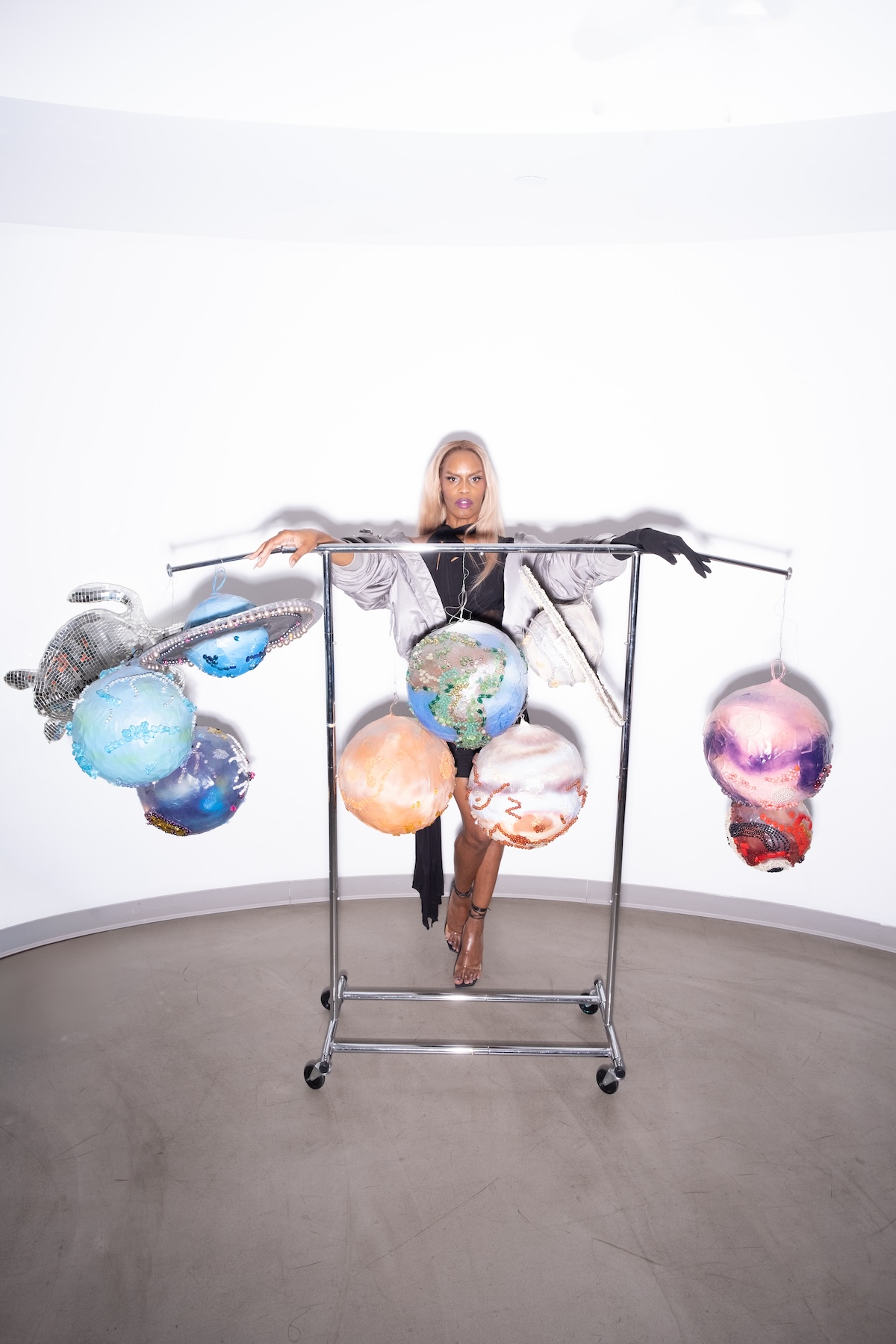
Why is nightlife still important to you and to the overall culture?
I think nightclubs are still important because it is, as when I started, a communal space. It is a space where the artistic community can come together and share something.
It's always sort of been my 9 to 5. Nightclubs have always been my “day job.” It is and was a safe space for a Black trans woman. I've never felt unwelcome. It has always been a place for our community to grow and to be able to transition safely and not be discarded. There were only two options back then for us, really; sex work or you worked at the club on the stage as an entertainer. Now there is more space for us to not be on stage; we can be in the DJ booth, we can be in the lighting booth, we can be at the door.
The building of my rep has given me a real respect for my ability. So I'm proud of that, because when I started, there were no trans women or drag queens at doors. And I had to fight my way in, and I did. I'm proud of that.
What do you think makes a good party?
A good DJ. People that are there to experience, and drink in, and to learn. My most treasured club experiences have been on the dance floor, hearing the song and just becoming obsessed with it. The song rolls over in your mind and you’re trying to look for it. I've always been lucky to know DJs, so they would always clue me in, and tell me the name of the record.
It’s that breath and that collective heartbeat that you feel on the dance floor, that’s what makes a really incredible party. It reverberates through your body. It reverberates through your energy going out into the world. That energy stays with you and you can get up on Monday morning and roll it out again with that little song in your heart and that feeling of the beat within your body.
But if the DJ is trash then your night is trash. I'm sorry!
What is your favorite space or place in New York?
There are multiple — the Metropolitan Museum of Art (MoMA) and the Brooklyn Museum. They are spaces that feed me not only as an artist, but as a person. They are sort of like cathedrals of art that we all share. We all have such a wonderful opportunity in having these great spaces in our little town.
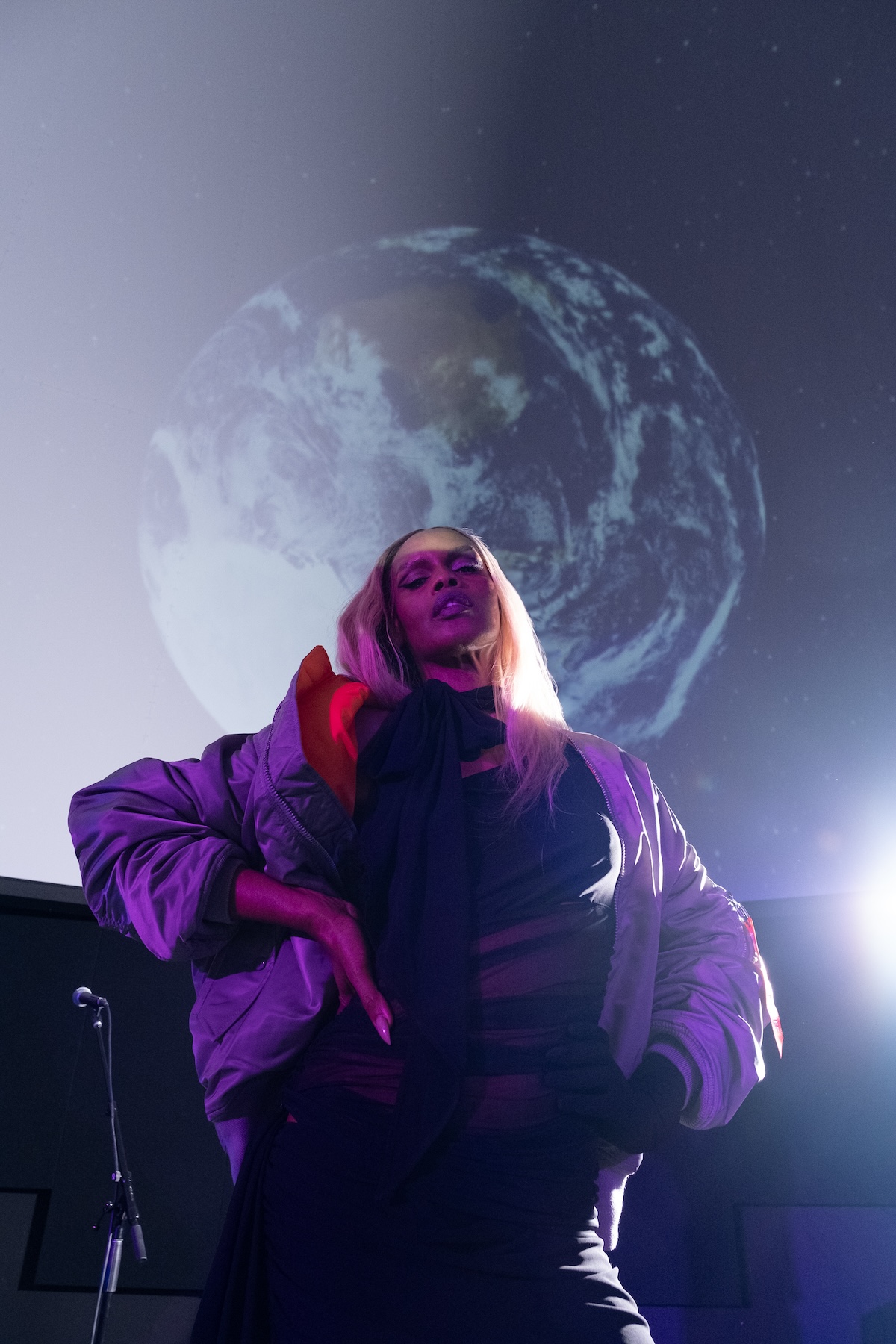
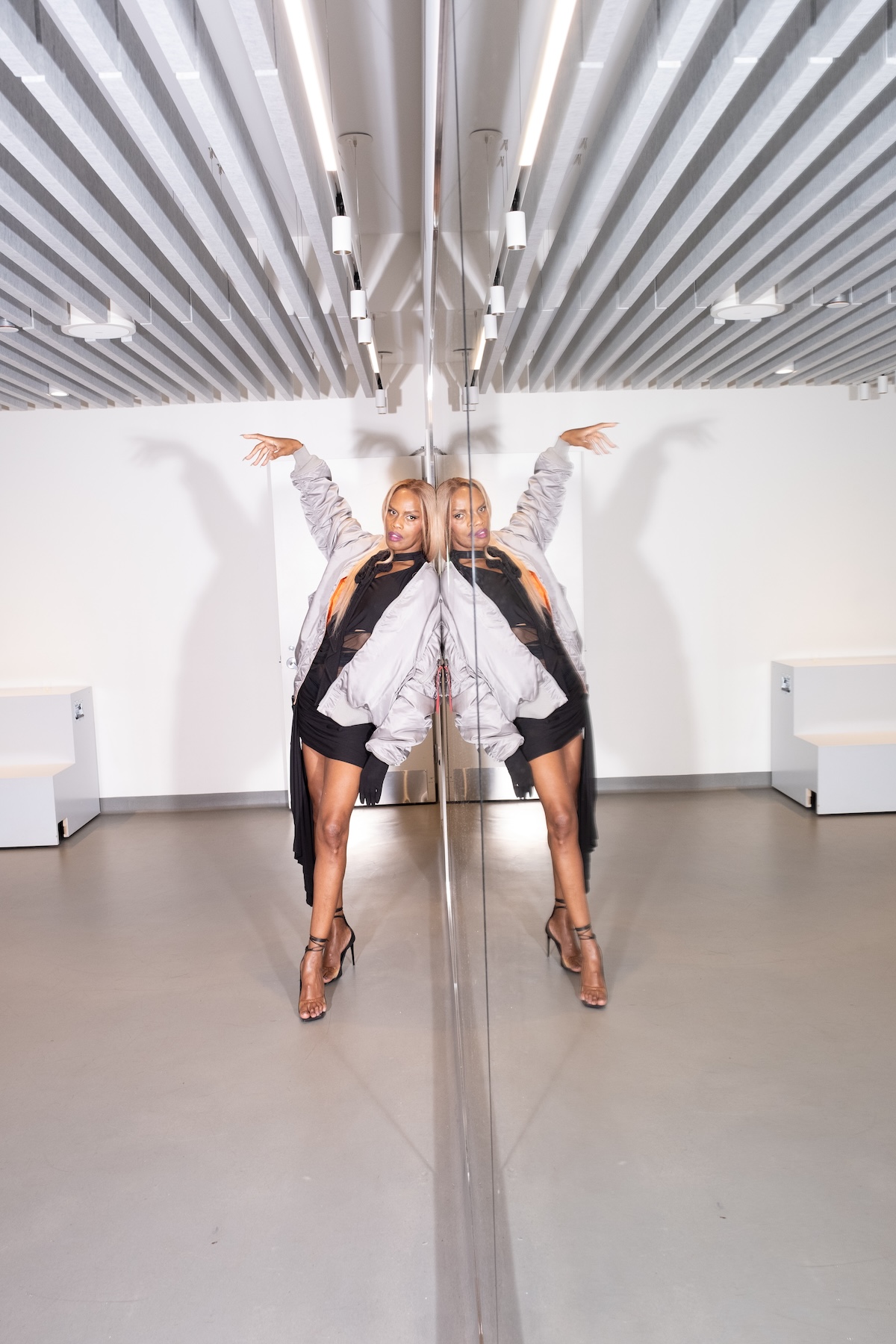
How did your first solo show a few years ago come about? Can we expect any more exhibitions of your work to come?
The show came about during lockdown. I'd fallen down every Youtube, Instagram, TikTok rabbit hole. I’d seen all of the Netflix and the Hulu and the Amazon. I needed something new to do.
My only contact with the world was going outside to walk my dog, and the streets were deserted. I would see the occasional homeboy with a du-rag or tattoos. And I just kept seeing images of boys with tattoos on Instagram and online. So I put it down on paper. I started to draw, just for therapy. Always in my life, art has been therapeutic and fed my soul.
I drew like three or four of the men, and the third or fourth one, I thought it was super hot, so I took a picture and I posted it. Everyone was like, “wait a minute, you can draw!” or “this is really good” or “Oh, I’d do him, he could get it!” [Laughs].
So I just threw myself in and kept drawing, and it was just such a beautiful experience. My mom and I lived together during lockdown, and sometimes she would come and sit with me. She's like, “oh, I've, I've never seen that technique,” and, and I'm like Erykah Badu — ”I’m an artist and I’m sensitive about my shit!” [Laughs].
And the director of Never Apart Gallery, Michael Venus, was seeing all of my posts. He was like, “oh my God, these are beautiful. Have you ever thought of showing?” Just when we were starting to come out of our confinement, he said, “I just looked through your feed and you have a show.” So we scanned the drawings, emailed them to him and he blew them up, and there was a show in Montreal. I didn't get to see it, I could only see it virtually, but that was my first show. Then it came to New York and we had it at the Lower Eastside Girls Club.
It was really received well. Now everybody knows that I can draw — I used to do illustration for Patricia Fields and David Dalrymple, and some people knew, some people didn't know, but it was that niche of fashion illustration for the purposes of sales and the purposes of inspiration or showing a client, so this was different.
Last year, I had a second show at Calligaris. So now I've got to get back to work. I have to get a brush and my supplies out again and then get another show rolling. Fingers crossed!
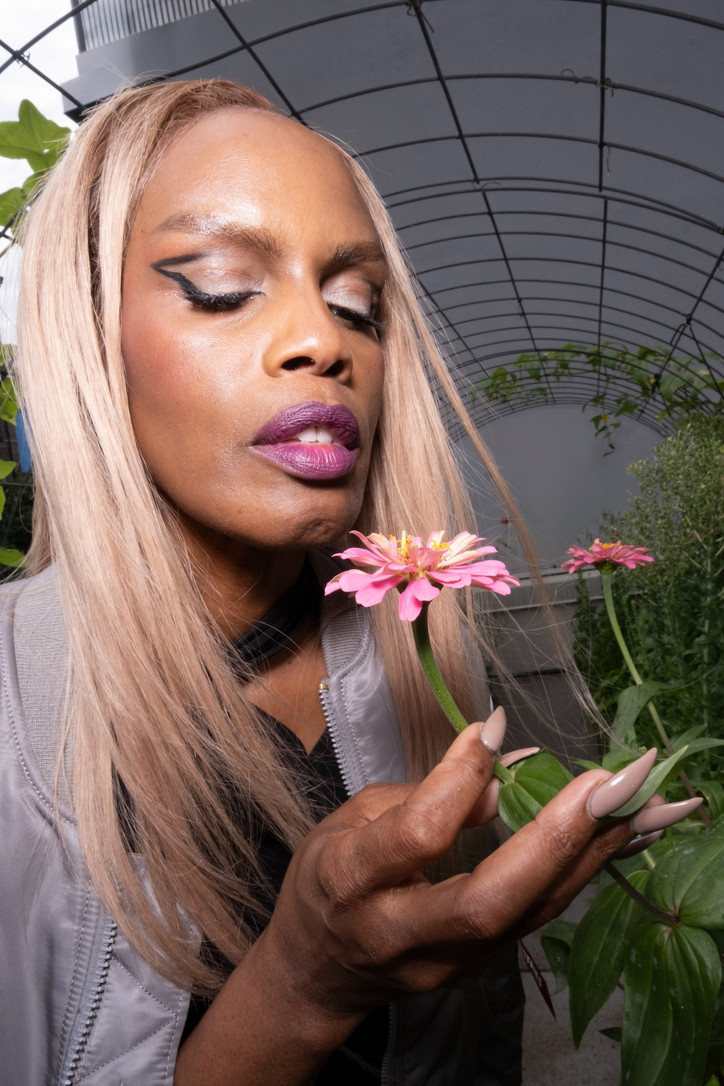
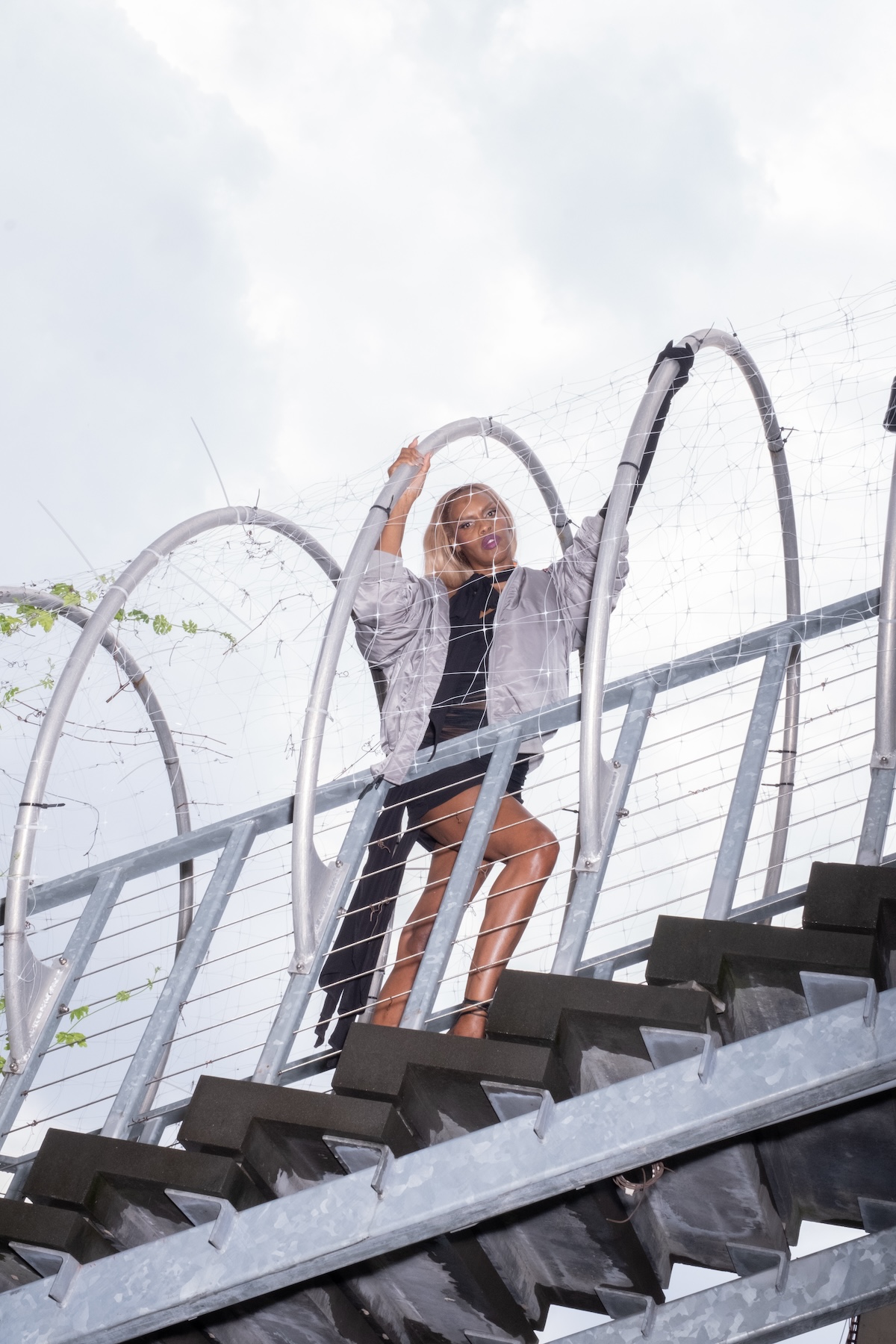
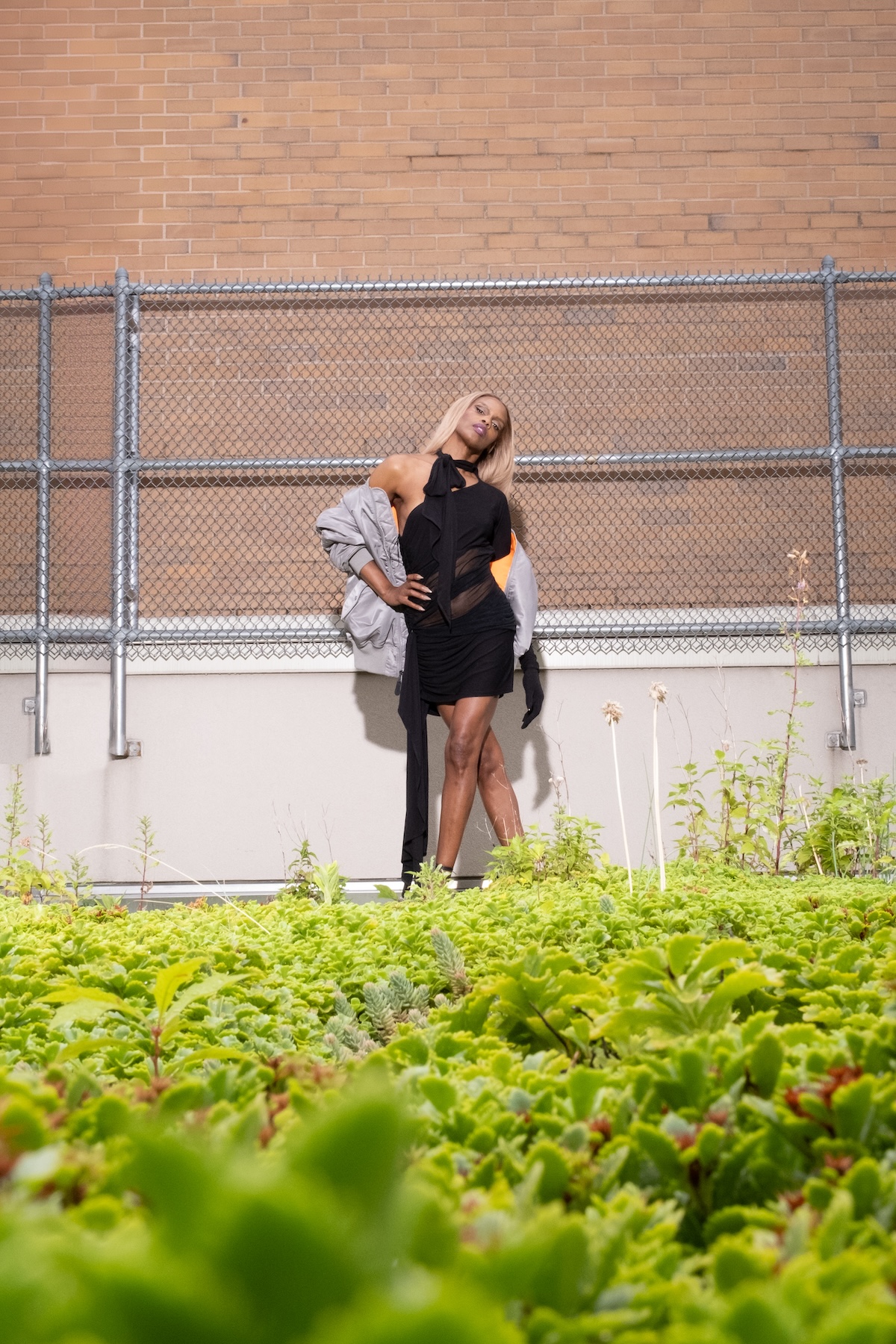
How did you first encounter the Lower Eastside Girls Club?
I first encountered the Lower Eastside Girls Club through my longtime friend Jenny “Jennytalia.” We were club kids together back in the day at the Limelight, and eventually she left club life and began her adult career.
One day, a couple of years ago, the Lower Eastside Girls Club needed help with their fashion show. They asked me to come and help the girls with their confidence and their walk and choreography. I came here and I did not want to leave. Since then, we've been working together.
How many of your old club kid friends still stay in touch?
Most of my early club kid friends, you know, the ones that survived, we all keep in touch with each other. We could move, we could go off and do this or that, but whenever we come back together, it is like no time has passed. Myra [Lewis], the wonderful filmmaker, made a documentary [Love Is The Legend] about the historic Patricia Field ball. Being an alumni of the House of Field, Patrica has kept us all together as our little family.
And I'm still in the biz, you know. I'm still at the door of the club. So you can come down and see me at the clerbbb. [Laughs]
What's one thing about New York that you think will never change?
The hustle. It’s sort of lessened and sort of shifted, but there's still that drive to be here. And it is a grind! Either you are ground down into a fine powder, or you survive and make it happen.